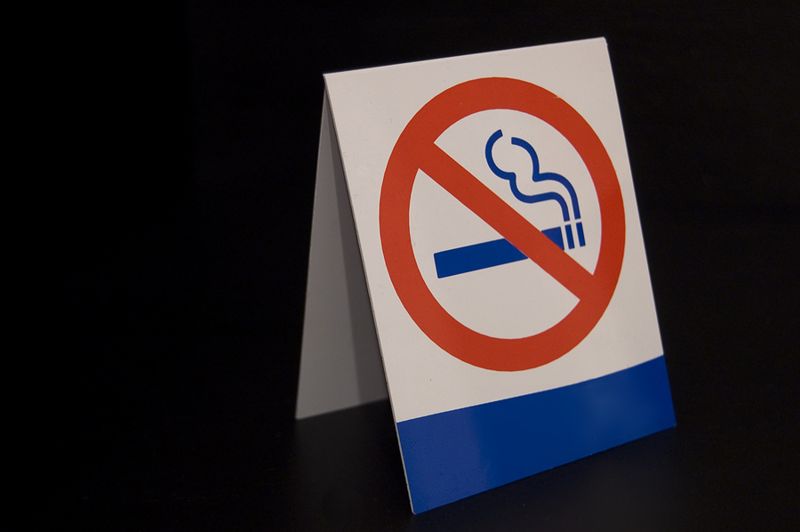
While every dentist knows what their patients need to do, and every patient wants a pristine smile, we have found there’s often a disconnect. Communication between patient and dentist can feel like the two sides are speaking different languages, the result being that patients don’t get everything they need. Our job is to stop all that by connecting the dots once and for all.
We’ve created this guide so that it speaks to patients, dentists, and practice managers all at the same time. The point is that by talking to everyone at once, we can create a shared language that allows everyone to get on the same page for the first time.
Let’s dive into the details and get started.
Dentists need to demonstrate brushing
A dentist who invests in a set of model teeth and provides a quick demonstration at the end of each appointment is a dentist who is making a real difference. Because actions speak louder than words, demonstrating the correct technique is always better than describing it.
If you’re a dentist reading this, investing a few extra seconds in the demo will ensure that you spend far less time with each patient in your chair in the future. Ideal when you want to improve every smile by getting the basics right.
Practices need to make flossing easier
A practice manager who invests in a supply of floss and then nudges the dentist to recommend it at the end of each appointment will also be making a real difference. If you’re the patient, you will be able to walk out of the treatment room, make your next appointment, and buy the correct size of floss with ease.
Precisely what’s needed when it’s time to set the tone for a glowing smile that is always able to light up the room.
Regular mouthwash use matters
The key to a beautiful smile is not one-off cosmetic procedures; it’s daily habits that build consistency and continually improve oral health. Patients who follow the advice of their dentist and buy a bottle of clinical-grade mouthwash from the reception team on the way out will be taking back control of their smile.
Making washing and rinsing a daily habit is one of the most effective ways to preserve the quality of the enamel as well as the health of the surrounding soft tissue structures.
Stopping smoking really helps
Smoking does many harmful things to the body, and you can add long-term staining and tooth discolouration to that list. While we fully appreciate that stopping smoking is something that is easier said than done, we know that the difference will be truly life-changing.

If you are a practice manager looking to play your part, having leaflets available on how to make use of NHS stop smoking resources could be really helpful.
Specialist dental treatments
Options like Venus Pearl composite are there to be used by specialists and can make a real difference to the clarity and beauty of a patient’s smile. Patients reading this would be well-advised to speak to their local dentist, while practice managers would be well-advised to connect with a trusted nationwide wholesaler.
The key is to make sure that your practice has everything that it needs to function on a day-to-day basis, and that means a robust supply chain from a specialist provider will be priceless.
Dietary advice also matters
Dentists may not always think about the nutritional side of things, given everything else they have to do, but making the right recommendations is really important. Whole foods and a greatly reduced sugar intake can both help to improve oral hygiene and create a healthy pH level in the mouth.
Not only that, but it will also remove many of the additives and chemicals from the diet that actively attack the delicate tooth enamel. Making sure that you continue to fuel yourself adequately is important here because it will ensure that your body has everything it needs to grow, repair, and heal.
Closing the communication gap
Dental practice managers have a unique role to play because they are ideally positioned to bridge the communication gap between patients and dental care professionals. Practice managers reading this guide may wish to consider initiatives that will educate patients and show them the many benefits of a more proactive approach to oral health.
As is often the case, having a shared language and a willingness to listen is what will make the difference so that everyone benefits.
